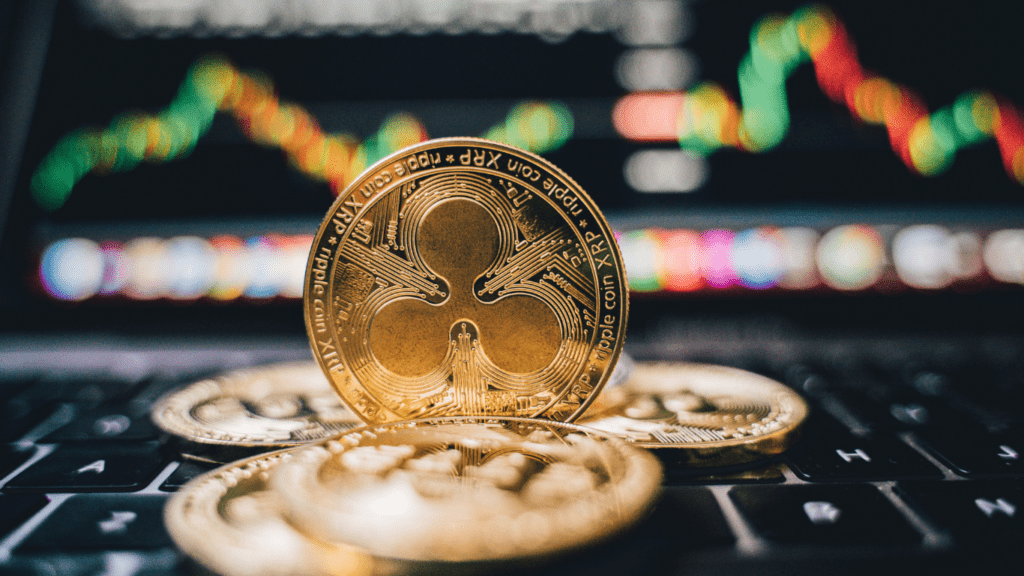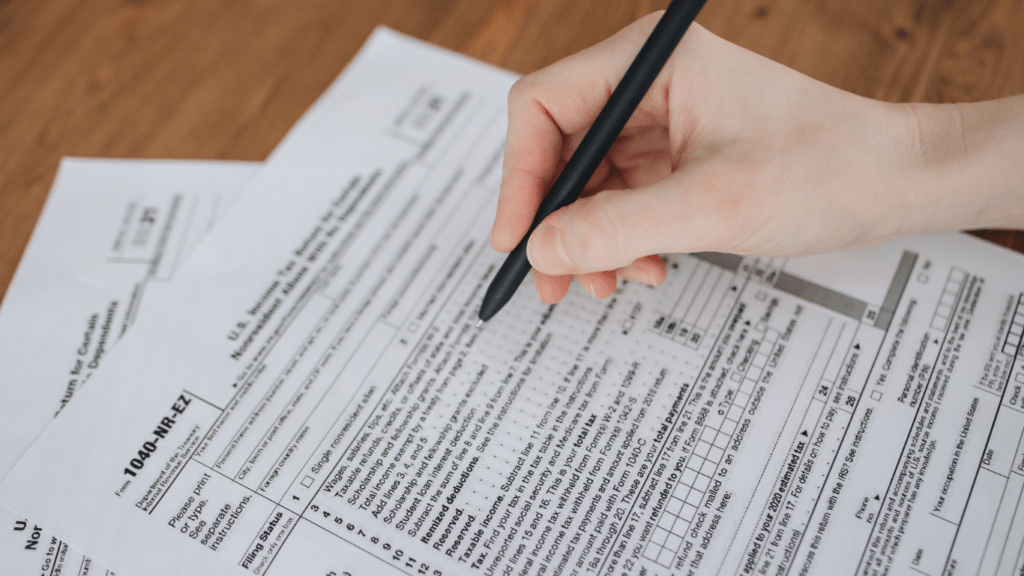The gambling industry is facing a seismic shift as new EU data privacy rules come into play. These regulations are designed to enhance consumer protection and privacy, but they also pose significant challenges for operators.
As someone who’s followed this sector closely, I can say the stakes have never been higher. With the introduction of these rules, companies must navigate a complex landscape of compliance while trying to maintain their competitive edge.
The reactions from industry leaders reveal a mix of concern and opportunity. Some see this as a chance to build trust with customers, while others worry about the potential impact on revenue and growth. Let’s dive into how the gambling industry is adapting to these changes and what it means for the future.
Overview of EU Data Privacy Rules
EU data privacy rules comprise a comprehensive framework aimed at protecting individual privacy rights and enhancing data security across member states. The General Data Protection Regulation (GDPR) stands as the cornerstone of these rules. Enforced since May 2018, the GDPR mandates organizations must obtain explicit consent before processing personal data, ensuring transparency in data collection practices.
Key components of the GDPR include:
- Consent Requirements: Organizations must secure clear, affirmative consent from individuals before processing their data.
- Data Access Rights: Individuals possess the right to access their personal data, including details on how it is processed and stored.
- Breach Notification: Organizations are obligated to notify authorities and affected individuals within 72 hours of discovering a data breach.
- Data Protection Officers: Certain entities must appoint Data Protection Officers (DPOs) to oversee compliance with GDPR standards.
- Fines and Penalties: Non-compliance may result in hefty fines, which can reach up to €20 million or 4% of the company’s global annual revenue, depending on the severity of the violation.
In 2023, new regulations further strengthen these protections, emphasizing specific provisions for online businesses, including gambling operators. These changes necessitate that companies implement robust privacy policies, ensuring customer data remains secure and practices remain transparent.
These rules not only empower consumers but also compel businesses to prioritize data privacy, fundamentally reshaping how companies within the gambling industry manage their operations. Adapting to and complying with these regulations presents both challenges and opportunities, requiring strategic adjustments to maintain competitiveness while securing consumer trust.
Impact on the Gambling Industry
New EU data privacy rules significantly reshape the gambling industry. These regulations compel operators to adopt stricter data handling methods, enhancing both consumer protection and the industry’s responsibility.
Changes in Data Collection Practices
Gambling operators must alter data collection practices to comply with new regulations. Operators now limit the amount of personal information collected, focusing only on data necessary for compliant services.
I’ve observed companies investing in advanced technologies to anonymize data, which reduces potential risks. Transparency in data usage is essential; operators need to clearly outline what data is collected and how it’s used.
Businesses that implement these strategies can avoid non-compliance penalties and foster trust among consumers, which is crucial for long-term success.
Enhanced Customer Consent Requirements
The new regulations impose stricter consent requirements regarding personal data processing. Operators must obtain explicit consent from users before collecting or processing their data.
I’ve seen industry leaders develop user-friendly consent forms that inform customers about their rights. This enhancement also requires clearer communication regarding withdrawal of consent, ensuring customers can opt out easily.
Such transparency builds customer confidence, aligning operational practices with regulatory expectations. Companies embracing these changes can create a more trustworthy brand image, appealing to data-conscious consumers actively seeking safer gambling experiences.
Responses from Key Industry Players
The gambling industry is actively responding to the new EU data privacy rules. Key players are voicing their perspectives, revealing insights into how these regulations will reshape operations.
Statements from Major Gambling Operators
Major gambling operators are assessing the implications of the new rules on their business models.
- Transparency Commitment: Operators emphasize their commitment to transparency in data handling. Companies like Betfair and 888 Holdings have publicly stated that they will enhance communication regarding data usage, ensuring customers understand how their information is processed.
- Investments in Technology: Firms such as William Hill are allocating resources to improve their data privacy technologies. By implementing AI-driven solutions, these operators aim to secure customer data more effectively, complying with both GDPR and the latest EU regulations.
- Customer Trust Initiatives: Leading operators recognize that fostering customer trust is crucial. Entain has launched initiatives aimed at showcasing its dedication to data privacy, highlighting third-party audits and certifications as proof of compliance.
Reactions from Regulatory Bodies
Regulatory bodies are closely monitoring industry compliance with the new privacy regulations.
- Supportive Stance: The European Data Protection Board (EDPB) has expressed support for the regulations, emphasizing the importance of protecting consumer rights. They aim to ensure that companies prioritize data privacy without stifling innovation in the gambling sector.
- Compliance Expectations: Regulators outline clear expectations for compliance. They stress that operators must adapt policies to align with heightened consent requirements and are prepared to impose penalties for non-compliance.
- Encouragement for Collaboration: Bodies like the UK Gambling Commission encourage collaboration between operators and data protection authorities. They believe that open dialogues can foster best practices and improve overall compliance within the industry.
Challenges and Opportunities
The new EU data privacy rules present both significant challenges and promising opportunities for the gambling industry. Navigating these changes requires thoughtful strategies that balance compliance and innovation.
Compliance Challenges for Operators
Operators face considerable hurdles in meeting the stringent requirements of the GDPR and new regulations. Operators must implement advanced data management systems that ensure explicit customer consent before any data processing.
Operators must also train staff to understand compliance procedures and data protection measures. Adapting existing operations involves revising data collection practices to minimize personal data capture, ensuring only essential information is gathered.
Furthermore, the financial penalties for non-compliance can reach up to €20 million or 4% of global turnover, underscoring the importance of adherence. The challenges are substantial, but responding effectively can transform these hurdles into opportunities for enhanced customer relations.
Innovations in Data Privacy Solutions
Innovating data privacy solutions enables operators to not just comply with regulations, but also to strengthen customer trust. Investing in robust technologies, such as blockchain and encryption, can secure personal information and provide clients with transparency on how their data is used.
Many operators are developing user-friendly consent management platforms that simplify the consent process for customers, making it easier to retract consent when desired. Some companies are also exploring advanced analytics tools to enhance data security and drive insights without compromising privacy.
By embracing these innovations, operators can position themselves as leaders in data privacy, ultimately gaining a competitive edge in the marketplace.





